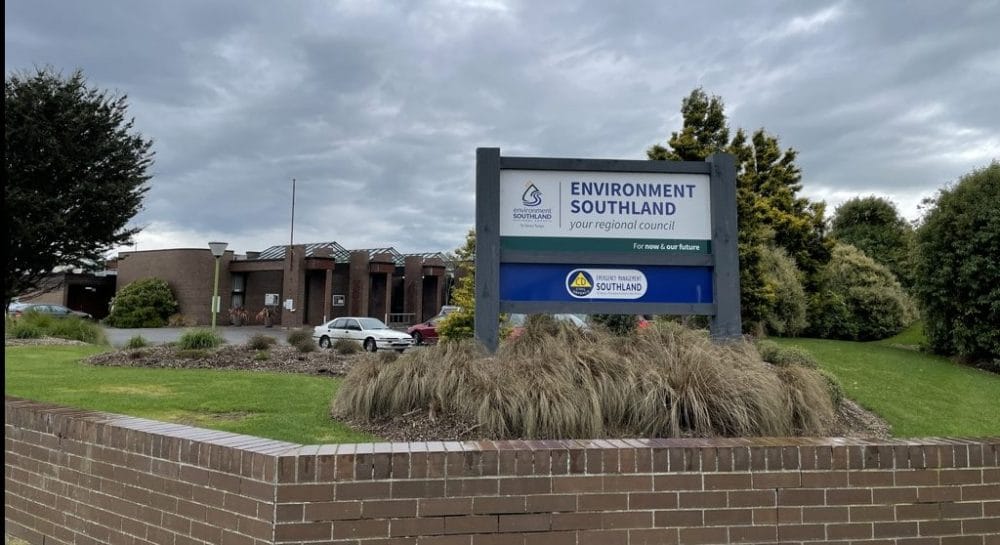
A prudent approach to managing the budget, combined with better than expected Marine Fee income and investment returns has helped turned around a forecast deficit and will enable Council to begin to rebuild reserves.
The 2022-23 draft Annual Report financial results were released this week for review by the Finance and Performance Committee, which will meet to discuss these on Wednesday 23 August.
Chief financial officer Tanea Hawkins said Environment Southland had budgeted for a $2.4m operating deficit in the 2022-23 financial year, but several factors had helped turn things around and the Council finished the year in the black.
“The final draft result for the year sees Council in an improved financial position compared to that originally budgeted. The result is in line with the forecasts council received earlier in the year that were used to finalise the 2023/24 Annual Plan budgets and helped with decisions around the rate increase.”
“It’s a good thing because we’re not adding to debt, we’ve saved some money, and we’re able to transfer some of that money to future reserves to go towards asset replacement and disaster repairs.”
A significant amount of income relates to the return of cruise ships, which contributed $2.1m in marine fees.
Income from dividends and interest was $750,000 better than budgeted, due to higher interest rates.
Council expenditure for the year was $1.9m under budget, and this related largely to deferred project spending.
The Council’s investment portfolio had also increased by $1.5m at the time of the reporting, but this was on paper only as the portfolio was based on a long-term investment strategy, with income set aside for asset replacement and disaster repairs.
This means the draft year-end result for council’s usual operations, including investment income, is $4.6m compared to a budgeted deficit of $2.4m.
In addition to its usual operations, council budgeted for Government funding of $10.7m for Climate Resilience and Jobs for Nature projects. Timing has meant the income received for the year was $2.3m less than budgeted, however the funds will be received this coming financial year.
Surplus funds are used to reduce debt and increase reserves and, as such, build-up the financial resilience of Council, Tanea Hawkins said.
With the Marine Fee Reserve reduced to only $357,000, $1m of this year’s marine fee income will be transferred to the Marine Fee Reserve to start building this back up. The Marine Fee Reserve has previously held $3m, but with the halt of cruise ships, a significant amount was used during the Covid-19 response. This reinvestment will ensure that coastal marine work can continue to be funded should we need to call on reserves again in the future.
The report presented to the Finance and Performance Committee covers the draft results for the year ended 30 June 2023. As these reports are for the full year, they remain as draft until the annual audit is completed, although, Environment Southland was not expecting any material differences to arise. The final results will be made available once the audit is completed and the Annual Report adopted in October.
